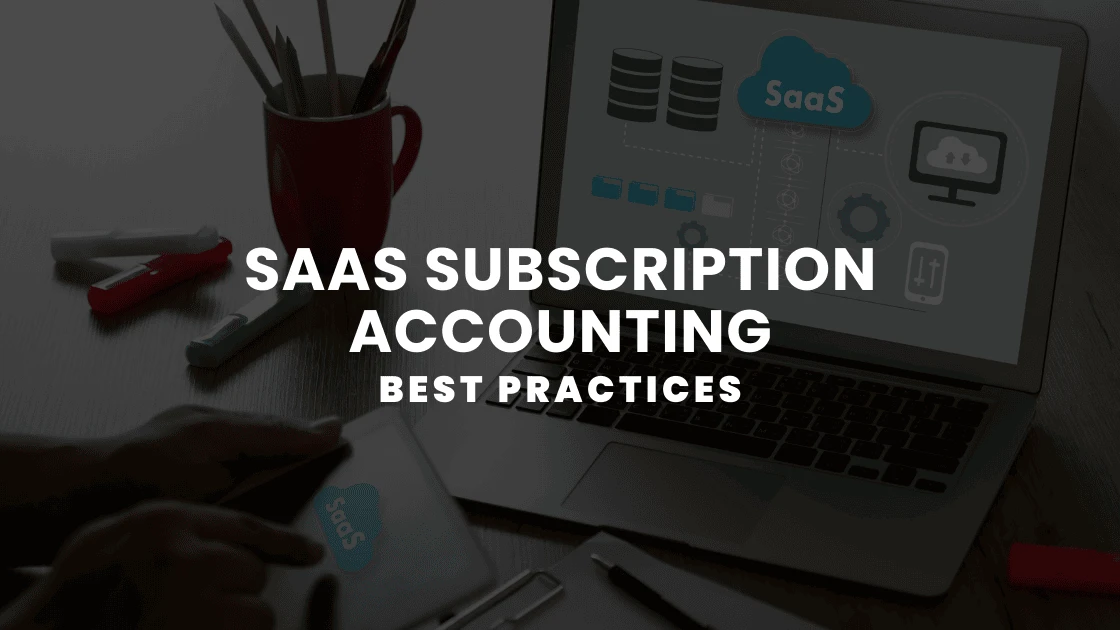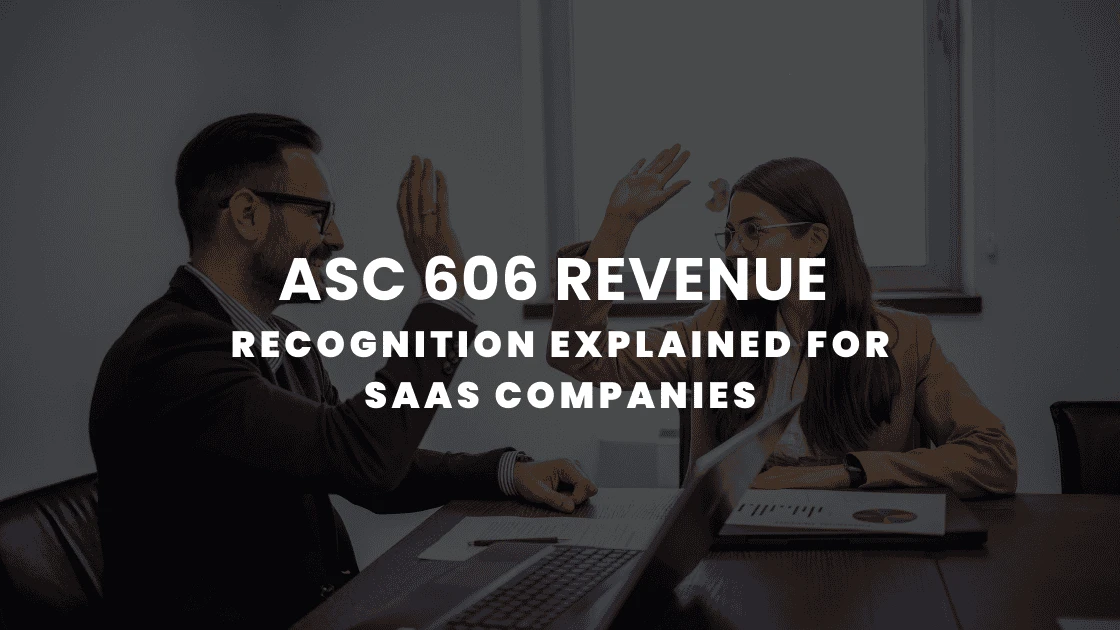July 15 2022 | By Farwah Jafri | 4 minutes Read

Nine Key Financial Reports
1) Risk Reporting
2) Objective & Key Results (OKR) Reporting
3) Cash Flow Reporting
4) Customer Pipeline Reporting
5) Product/Sales Reports
6) Customer Behavior Reporting
7) Internal Productivity Reporting
8) Gross Margin/Contribution Reporting
9) Profit & Loss Balance Sheets & Cash Flow History
The Final Verdict
Financial reports lie at the core of business plans and help business owners create growth strategies for the future. Typically, chief financial officers or CFOs make the all-important financial reports aptly called ‘CFO reports.’ CFO reporting helps business owners assess where their business stands, how far it has come, and where it needs to be.
As it goes, CFO reports is an umbrella term that entails many little financial reports with their unique significance. In tandem, these reports help decision-makers make strategic decisions aligned with their business plans, values, and strategies. So, without further ado, let’s dig into nine financial reports every CFO needs to make strategic decisions:
A diligent CFO wears many hats. He is not just your business steward helping your entity navigate its way through complexities; he is also your chief performance officer. To assess performance and identify risks, CFOs create and use risk reports. Generally, these include details about plausible business risks, risk mitigation strategies, and likelihood ratings. The importance of these reports is hard to overstate as they help keep business afloat amidst times of uncertainties.
The majority think objectives & key results are pre-embedded into financial reports. Thus, there’s little need to report OKR separately. However, here the majority are mistaken. OKR reporting requires proper attention and time. To make strategic decisions, CFO needs to track objectives & key results proficiently and evaluate success and failure rates on the go.
Cash flow reporting is pivotal for every business that desires longevity and success. A CFO needs to report current cash flow trends, review past activities, and forecast future expenditures to ensure the business moves forward the right way. Cash flow reporting typically entails a 60-day or 90-day record of cash flow to help CFOs prepare budgets for the future today.
Sales forecast and customer pipeline reports are from where you get to see how well your business will run in the upcoming months. These reports entail all relevant data regarding customers in the pipeline, the probability of their conversion, and how much revenue the business will generate in the next two or three months. Yes, it is true, that not every lead materializes, but once you have them all in the record, you can assess which deals didn’t come to fruition and the plausible causes behind them.
Similar to customer pipeline reports, these reports highlight financial data of done deals and revenue. These reports are a part of businesses’ in-depth profit & loss statements and play a significant role in helping the business get insights to learn what’s working and what’s not.
Numbers aren’t the only thing that helps CFO make strategic decisions. At the end of the day, what matters the most is how well the customer reacts or behaves to your product or service. Customer behavior reporting helps CFOs and business owners understand how well their products and services have received the market. One key metric to assess customer behavior is the number of repeat orders. These reports also include details about hot-selling products or services and stale ones.
There are many ways to measure productivity, and it is essential to know the best ones. Measuring productivity helps CFOs and business owners make winning decisions regarding procedures and policies the business needs to maintain and the ones that aren’t good enough. In truth, internal productivity reporting lies at the core of performance management and is a key report every CFO needs to evaluate the environment within the office and employee motivation levels.
Gross marketing and contribution reports come into play when benchmarking different business units, channels, locations, etc. Segregating contributions helps the business owner understand which department is running productively and which needs improvements. These reports not only help you identify low-performing areas but highlight the strengths in top-performing ones so you can work towards making the former more like the latter.
There is no better way to assess the future than to study the past. These reports help CFO make winning strategies by segregating high-performance units and low-performance ones, just like the contribution reports. Properly segmented records give CFO the clarity to make strategic decisions day in and day out.
CFO reports are key to business success, and the sooner the business owner realizes it, the better it is. To lead your business for the win, you need to give CFO insights required to make well-informed calls. And the only way to get those insights is via CFO reporting.
Subscribe for business tips, tax updates, financial fundamentals and more.
MORE BLOGS

Running a SaaS business can look simple from the outside. Customers sign up, pay monthly or yearly, and keep using the product. Quite straightforward, right? Behind […]
Learn More →
Revenue is the heartbeat of any SaaS business. But how and when that revenue shows up on your books can change everything, from investor confidence to […]
Learn More →
If you’re a small business, we will absolutely get it if you say you’re having a hard time choosing a payment platform for your company. And […]
Learn More →